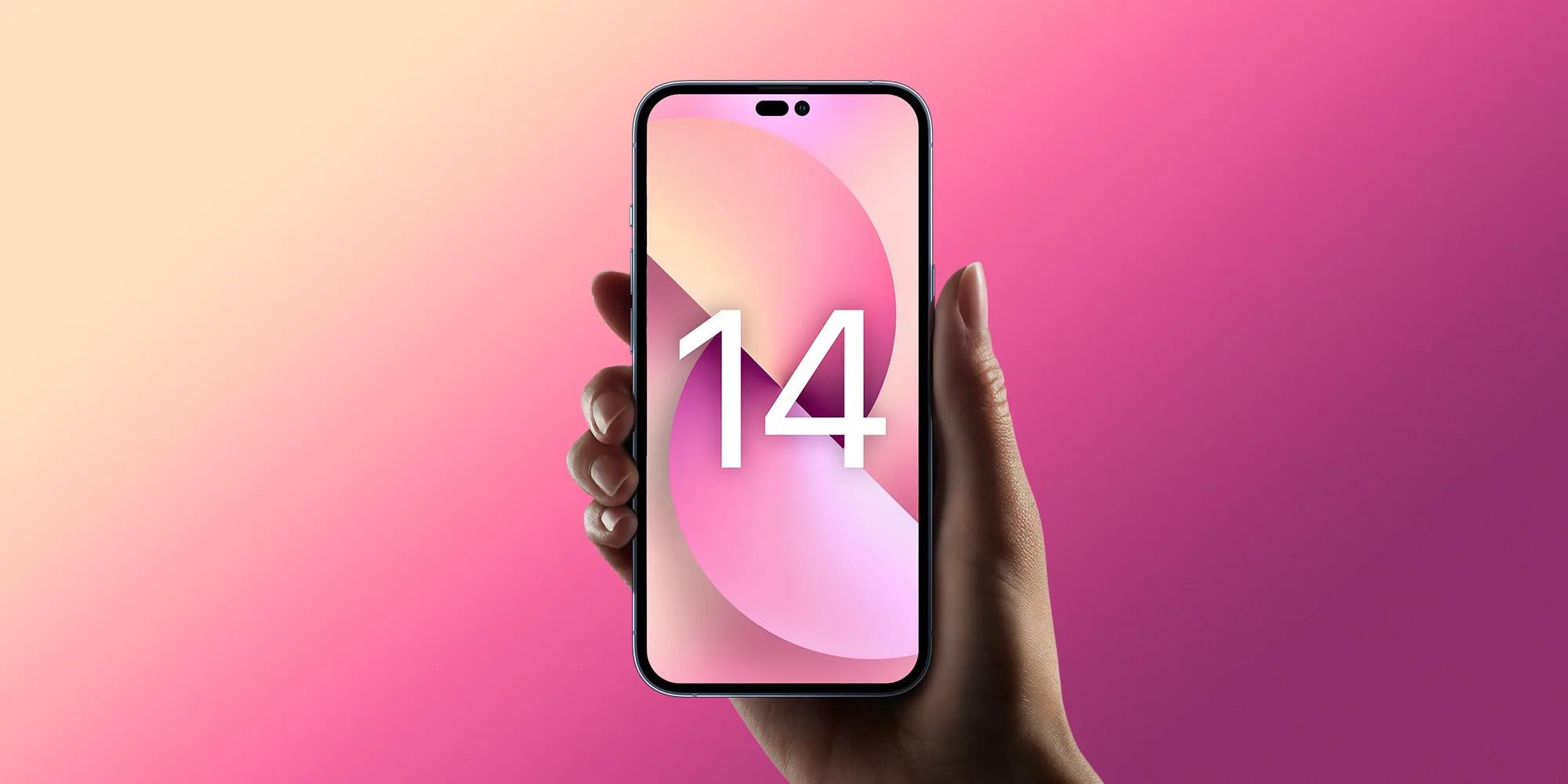Earlier this year, an interesting report from renowned analyst Ming-Chi Kuo revealed that Apple could keep the new A16 chip only for iPhone 14 Pro models, while regular iPhone 14 models will get last year’s A15 chip. Now, in a new report, Kuo claims that entry-level and mid-range iPhone models will not come with Apple’s latest chipset in the future because the company has changed its business strategy.
IPhone 14 with A15 chip
Apple is expected to announce four new iPhone models this year: the iPhone 14, the iPhone 14 Max (a larger 6.7-inch version that will replace the iPhone mini), the iPhone 14 Pro, and the iPhone 14 Pro Max. Regular iPhone 14 models maintain the same design as the iPhone 13 with minimal internal upgrades, thus the Pro Range will attract more attention. New screen design And Big camera upgrade.
This is not the first time that Apple has made major upgrades, such as exclusive new designs for expensive iPhone models. In 2017, the iPhone X was introduced with a completely new design, Face ID and other new technologies, while the iPhone 8 and iPhone 8 Plus were better versions of the iPhone 7.
However, both the iPhone 8 and iPhone X were powered by the same A11 Bionic chip. Apple followed this strategy in the following years with the iPhone XR, iPhone XS, iPhone 11, iPhone 11 Pro, and so on. Now things seem to be changing.
According to Kuo, both 9 to 5 Mac And Bloomberg Independent sources have confirmed this information Only two of the four iPhone 14 models will get a new, faster chip. Although some analysts believe that Apple will use a more powerful version of the A15 chip with 6GB RAM instead of 4GB in the new phones, the architecture will be similar to the iPhone 13 chipset.
At first we thought it might be a temporary measure due to the lack of global chips, but now Kuo seems to be doing otherwise.
New business strategy
In a report about His personal blogKuo noted that the big differences between the mid-range iPhone 14 and the high-end iPhone 14 Pro will make the more expensive models more popular with consumers. Although the iPhone 14 Pro was previously expected to account for 40% to 50% of new model sales by the end of 2022, the estimate has now been raised to 60%.
But here’s something not to mention: Kuo now claims that Apple’s latest chips will now be exclusive to high-end iPhone models. In other words, analysts believe that Apple will no longer release entry-level and mid-range iPhone models with its latest and greatest chips.
Putting the new processor in an expensive iPhone model will make more people buy it cheaper than it will, raising the price of the average iPhone. In other words, Apple’s profit from selling the iPhone will be more. Of course, Kuo also notes that camera vendors for high-end iPhones will also benefit.
The latest processor chip will be exclusive to high-end iPhone models in the future, so high-end iPhone models will be the norm and high-end camera material will be preferred by vendors.
If this is true, then the whole line of the same new chip sporting iPhone seems to be over. On the other hand, it wasn’t surprising because Apple did something similar with its iPad range. The more expensive models come with the same chips as the Mac, while the cheaper iPad models come with the iPhone chips.
iPhone 14 launch and availability
If all goes according to plan, Apple is expected to launch the iPhone 14 and iPhone 14 Pro in September. Please note that availability at launch may be limited due to supply issues.
Also read:
FTC: We use affiliate links to generate revenue. More












/https://specials-images.forbesimg.com/imageserve/5fb5effc793ef2435a2190a4/0x0.jpg)
